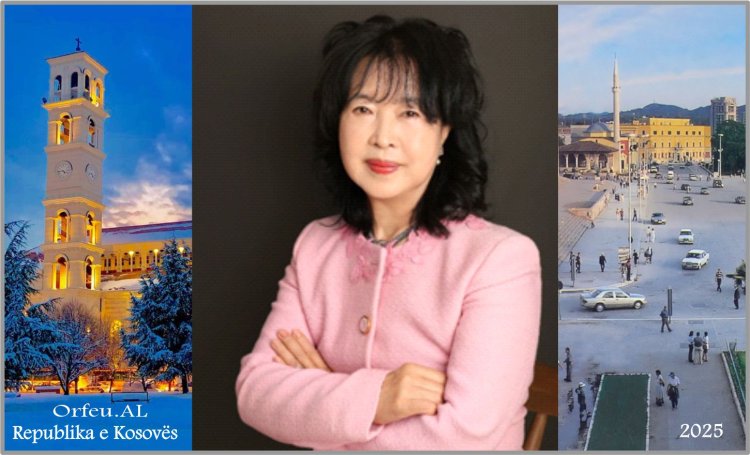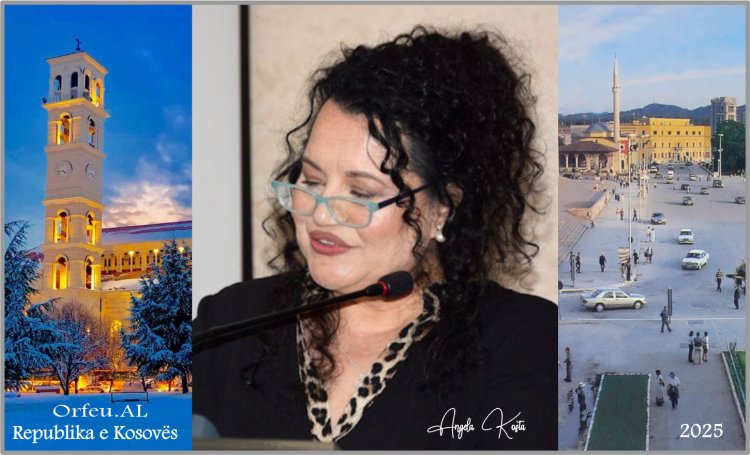POET Dr. SIYOUNG DOUNG
Poet Dr. Siyoung Doung graduated from the Department of Korean Language and Literature at Dongguk University and went on to earn a Ph.D. in Korean Language and Literature from Hanyang University. She further expanded her academic pursuits by studying humanities at Regensburg University in Germany. Her teaching career includes positions as a professor at Korea Tourism University and Jilin University of Finance and Economics in China.
Her literary journey began in 2003 with her poetry debut in the literary magazine Dacheung. Since then, she has published numerous poetry collections, including Future Hunting, In Search of a Strange God, The Phone Call from God, The Eyes of November, The Carnival of Time (Anthology), Was It You, Was It Me, or Was It Longing?, The Scent of Secrets, Aria of Everyday Life, The River Flowing Under the Pen, The Magic Letters, and The Horizon Never Gets Wet. In addition to poetry, Doung has contributed significantly to literary research with works such as Roh Cheon-myung's Poetry and Semiotics, Korean Literature and Semiotics, and Semiotics of Modern Poetry. Her exploration of literature extends into travel writing, with essay collections like Encountering Culture Through Travel and Encountering Travel Through Literature. Her literary excellence has been recognized with numerous prestigious awards, including the Park Hwa-mok Literary Award (2010), Poetry and Poetics Young Poet Award (2011), the Grand Prize at the Korean Buddhist Literature Awards (2018), the 32nd Dongguk Literary Award (2019), the Yeongrang Literary Award for Criticism (2020), and the 7th Woltan Park Jong-hwa Literary Award by the Korean Writers’ Association (2021). Most recently, she received the Literary Youth Work Award in 2024.
In recognition of her contributions to literature, She was also a recipient of a creative grant from the Arts Council Korea in 2005.
She is the President of ‘Korean Association of World Literature’
Was It You, Was It Me, or Was It Longing
Was it you,
Was it me,
Or was it longing
Let us not name time,
Nor age a life.
More moments fall
than November leaves.
When I take up the leaf-brush and write the fleeting now,
emptiness wears a sly, silent smile.
너였는가 나였는가 그리움인가
너였는가
나였는가
그리움인가
시간에 이름을 붙이지 말자
목숨에도 나이를 붙이지 말자
십일월 낙엽보다
더 많이 지는 시간
낙엽붓 들어 순간을 쓰면
텅 빈 있음이 시치미 미소짓네
Squid
Its body is an arrow.
An arrow pointing—where to?
A drifting arrow through the open sea,
Does it mean there’s nowhere in particular to go?
To live,
is it simply
to wander?
오징어
몸이 화살표다
어디로 가라는 화살표인가?
온 바다 헤매는 화살표,
따로, 방향할 곳이 없다는 거냐?
사는 건,
그냥,
헤매는 거란 말인가?
The Horizon Does Not Get Wet
The horizon does not get wet
It gets soaked in longing
A window that wipes away absence,
A water balsam is in bloom
Knotweed flowers are on their way
Fallen leaves are scribbles
The afternoon of life is red
One shadow follows
So that you won't be lonely
And I kiss “I, you and also”
수평선은 물에 젖지 않는다
수평선은 물에 젖지 않는다
그리움에 젖는다
없음을 닦아내는 창,
물봉선이 피어 있다
여뀌꽃이 오고 있다
낙엽은 낙서
목숨의 오후가 붉다
외롭지 말라고
그림자 하나 따라온다
나 너 그리고에 입맞춤한다
After the Typhoon
Like the flesh of words,
The boulders and mounds
Invaded.
It seems the mountains,
The wounds humans have inflicted,
Have begun to heal.
Action is the master.
Nature speaks in silence.
The warmth of humanity
Is, in fact,
Embedded in nature.
The sky, shattered like a broken screen,
Hangs suspended, teetering on the edge of collapse.
태풍 그 후
말의 육체처럼
쳐들어온
돌덩이, 흙더미들
산이, 사람들이 낸
제 상처를 치료했나 보다
행동이 주인이다
자연은 무언으로 말한다
인간적 온기는
오히려,
자연 속에 있다
깨진 스크린 같은 하늘이
부서져 내릴 듯 위태롭게 떠 있다
Prepared Angela Kosta



